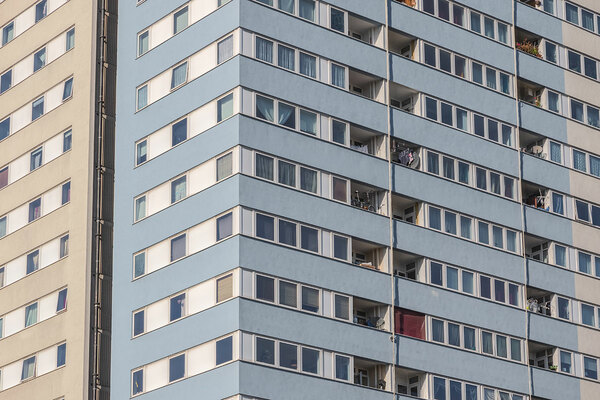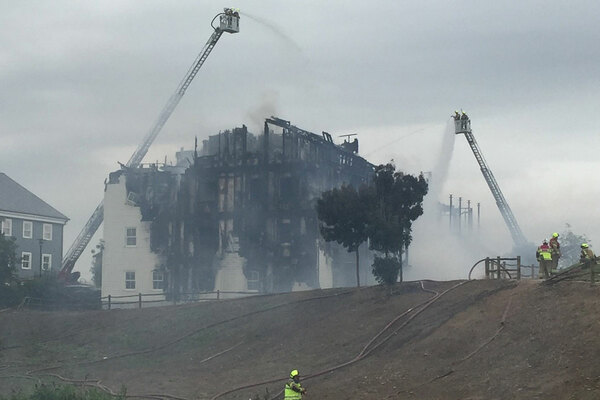You are viewing 1 of your 1 free articles
The cladding scandal is everybody’s fight
Pushing for an end to the cladding scandal in private blocks is in everyone’s interests, writes Peter Apps
Inside Housing, as you are presumably aware, is a magazine about the social housing sector.
So why have we dedicated so much of our coverage over the last fortnight to the issue of Grenfell-style cladding on private residential buildings?
This campaign met with almost immediate success: the government yesterday announced £200m to remove aluminium composite material cladding from private blocks, just two weeks after its launch.
But with the social housing sector’s costs already covered by grant, why did we ask our readers to pick up a fight that does not directly impact them or their tenants?
The short answer is that it does.
There are shared owners and social housing tenants in affected private blocks and our readers in local authority housing teams where these blocks are located are also likely to be grappling with the impossible problem of enforcing the work and protecting residents from the bills.
But there is a broader reason as well – which is that this is just one battleground in a much bigger fight that belongs to all of us.
Before yesterday, the way the dice had fallen after Grenfell meant leaseholders of blocks clad with aluminium were the losers. But the story does not end now that they have been offered the assistance that was so obviously required.
In the coming months government tests will determine which blocks with other forms of cladding require removal.
It is utterly crucial that these tests are rigorous and transparent enough to assure the sector and the public that we have truly understood which systems out there pose a threat and how to make them safe.
When they conclude, we effectively start the same debate again as the one which has now concluded over ACM - who should pay for the remediation work? Should it be tenants (through their rents) and leaseholders (through crippling service charges), or should it be society as a whole through taxation?
The truth is that the state holds a responsibility to keep its citizens safe. It also holds a responsibility to correct market failure. It must also face up to the fact that the hundreds of affected blocks speak of a failed system of government building control and regulation, as much as they speak of a failure of the industry to satisfy itself that the products it was using were safe.
Winning the debate on ACM will make winning this debate much easier. And social landlords with yet-to-be-discovered dangerous systems may find themselves embroiled in it soon. But the story does not stop with cladding.
It is clear that fire safety issues with high rises in this country are manifold and making them right is an issue of national concern.
The government has so far been too slow and too reluctant to act without being pushed. That must change.
The story as a whole is about transformational change of the built environment sector, from top to bottom.
If that is to succeed, it must be led boldly by a government acting in the interests of residents, not delegated piecemeal to the industry.
At times, like now, that will mean taking the tough but honest decision that billing taxpayers is a better outcome than billing individuals.
At others, it means not losing focus on promises like bolstering the tenant voice and improving consumer regulation amid the pressures of Brexit. Later, it may mean a decision to impose necessary new regulations that powerful lobbyists dislike.
In all these debates, the ultimate objective is the same: making sure a fire like Grenfell never happens again.
And that makes it a battle for all those who own and manage property, and all those who live in it.














